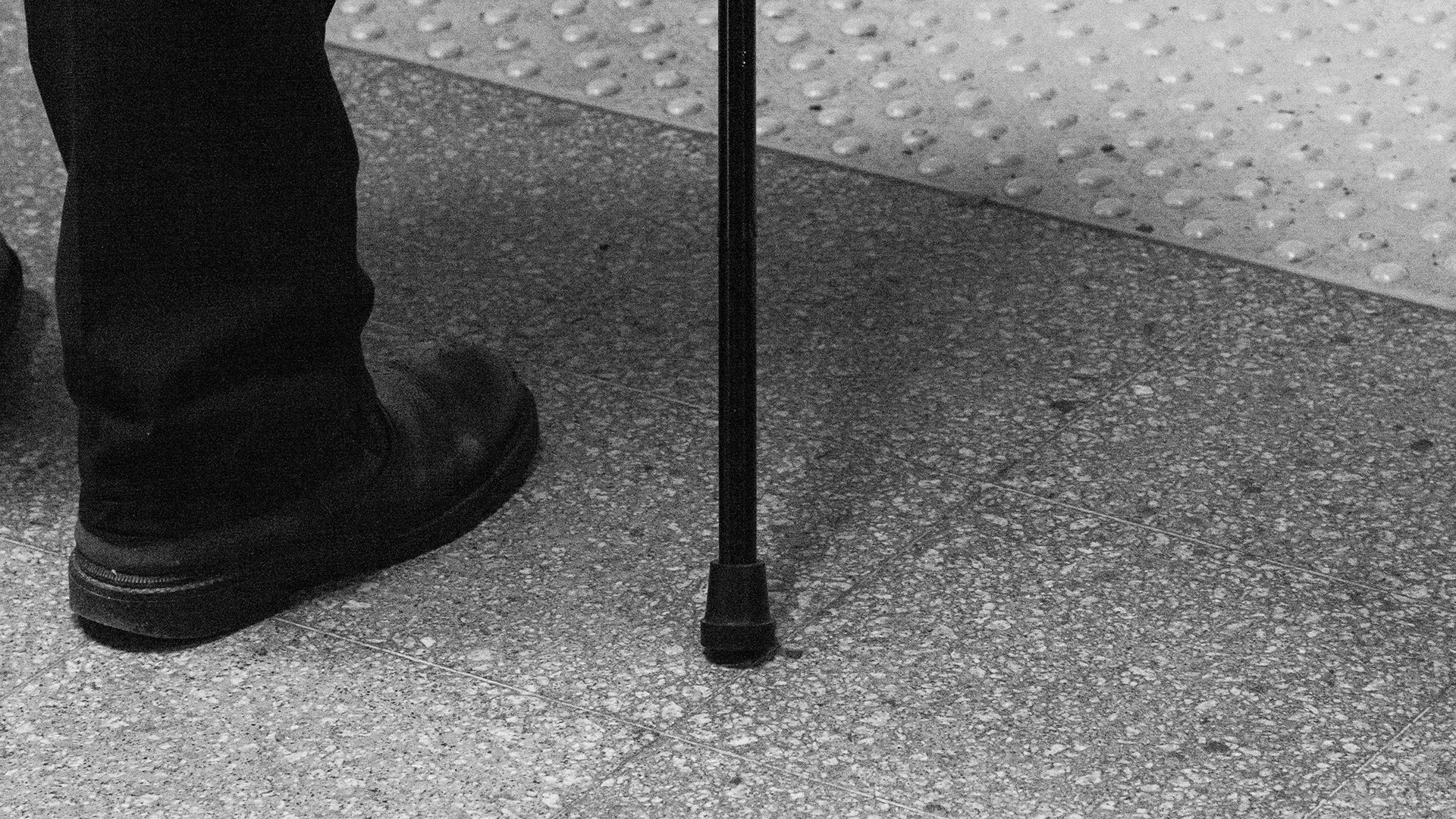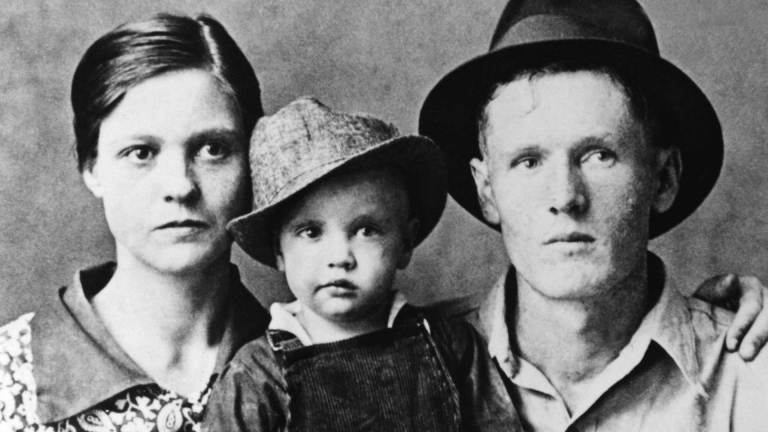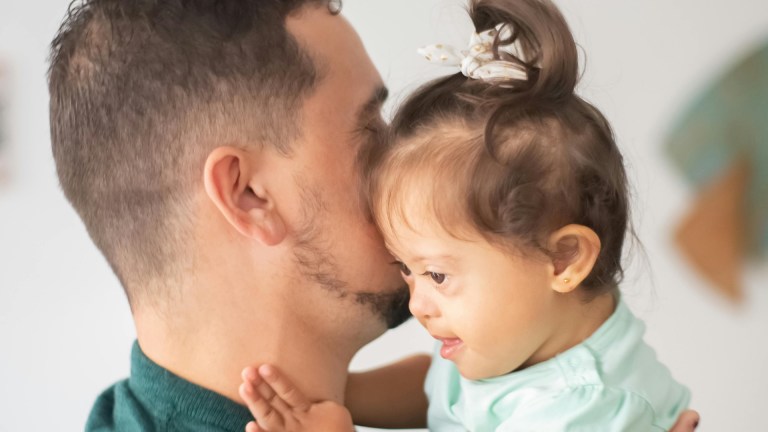This week we detailed the shocking reality many people with disabilities in Britain are facing. We reported that almost 90% of those who appealed after being turned down for essential personal independence payment (PIP) were refused again on appeal. That is people who can’t work and have no other viable income. The payment is, at most, around £170 per week. Not everybody granted it gets that amount. And even if they were granted the benefit, they need to reapply regularly, just to prove again they’re disabled enough.
We asked readers to share their experiences of going through the application system with the Department for Work and Pensions. We have rarely had such a response. The volume was incredible and the details were shocking. You can read their stories here. I’m glad we’re able to shine a light on this little detailed disgrace. I hope by doing so, and making a fuss on their behalf, we can bring some change. But reality suggests this change will be hard to chisel and not seismic.
- The DWP must start putting people before process
- DWP discriminated against disabled people in switch to universal credit, says court
- The DWP is pushing the benefit fraud narrative but disabled people know where the real problem lies
Your support changes lives. Find out how you can help us help more people by signing up for a subscription
It all feels a bit austerity Mk2. Back then, remember back then, those days when the government decided the best way to meet the financial difficulties brought by the 2008 crash was to punish the poorest. Part of this was chancellor George Osborne and his strivers vs skivers narrative. It fixed the line firmly. You were either working or were on the make. There was nothing between. GET UP AND WORK, YOU SCROUNGER! THERE IS NO MAGIC MONEY TREE!!
It allowed an environment to grow where anybody in need of state help was seen as either less, or worse, trying to take what you had paid for. Except pensions. DON’T TOUCH THAT TRIPLE LOCK, YOU CHANCERS!
And while the narrative has shifted and it is those from overseas we’re encouraged to think of as sucking the marrow from the bone, there is clearly still malignant treatment of people who need help here. It’s just that it was less visible. Perhaps the feeling was that while we were distracted by small boats, or escalating food prices or Phillip Schofield we wouldn’t pay attention to a system designed to block rather than help those who need help most.











